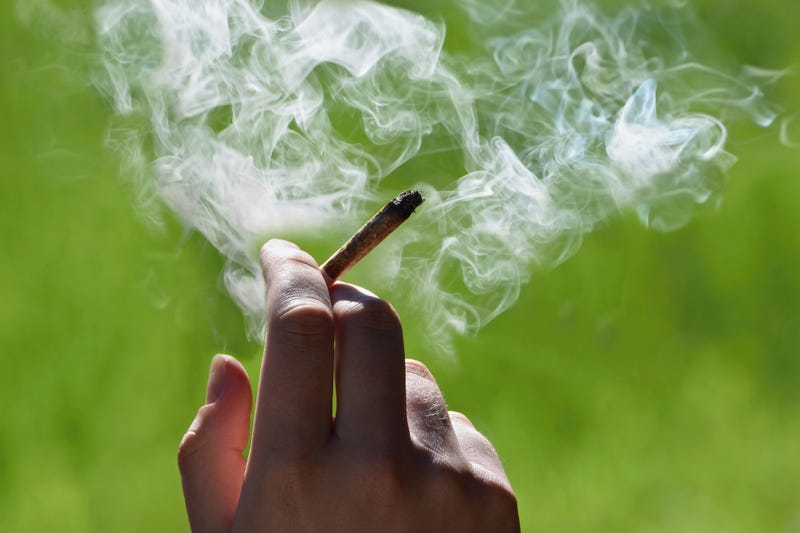
Soon, young adults who don’t smoke marijuana will be considered the minority in several states, as trends suggest that cannabis use among younger generations is increasing.
More than two-fifths of young men and women across the country say that they use cannabis at least on occasion, according to federal data cited in a University of Michigan study.
As marijuana continues to be legalized across the country, the trend continues to grow, with young women playing a significant part in the rising usage rates, according to the study.
This month recreational marijuana became fully legal in Vermont, and already there are more young cannabis users than those who don’t partake. Other state’s to see users reaching majority levels include Colorado and Oregon, as well as Washington, D.C.
Several polls have also shown that marijuana use is up in younger generations. One this summer from Monitoring the Future found that marijuana and hallucinogen usage was at all-time highs.
The study found that 11% of young adults ages 19 to 30 used marijuana daily in 2021, and 43% reported having used it in the past year. The data shows that daily marijuana use has nearly doubled over the past decade in this age group, while those who reported using in the past year jumped almost 50%.
Gallup polls found similar results, with 49% of respondents saying they had tried weed once in their life, up from 4% when the pollsters first asked the question in 1969. However, Lydia Saad, the director of U.S. social research at Gallup, shared that numbers are only going up.
“In the next few years, we should see that crossing 50 percent,” Saad said.
This month President Joe Biden made a splash in the cannabis movement, announcing his plans to pardon Americans convicted of simple marijuana possession under federal law.
The question of whether or not to legalize marijuana for recreational use is also on the ballot this November in North and South Dakota, Missouri, Maryland, and Arkansas.
Currently, 19 states and the District of Columbia have put in place recreational marijuana laws. If the other five measures pass, the deputy director of the National Organization for the Reform of Marijuana Laws, Paul Armentano, told The Hill that “legalization would be the law for an estimated 49 percent of the U.S. population.”
However, not everyone is jumping on board, as some health experts are worried that rising cannabis use could create an increased risk with the narcotic being “about as addictive as alcohol,” according to Christian Hopfer.
Hopfer, a professor of psychiatry at the University of Colorado, shared with The Hill that he’s already “had numerous patients who have really had trouble getting off it.”
Nonetheless, the legalization of marijuana and increased usage rates are incredible after decades of stigmatization from the narcotic. Now, users can get cannabis-infused fruit snacks and drinks, and in Canada, they can even have the drug delivered.


